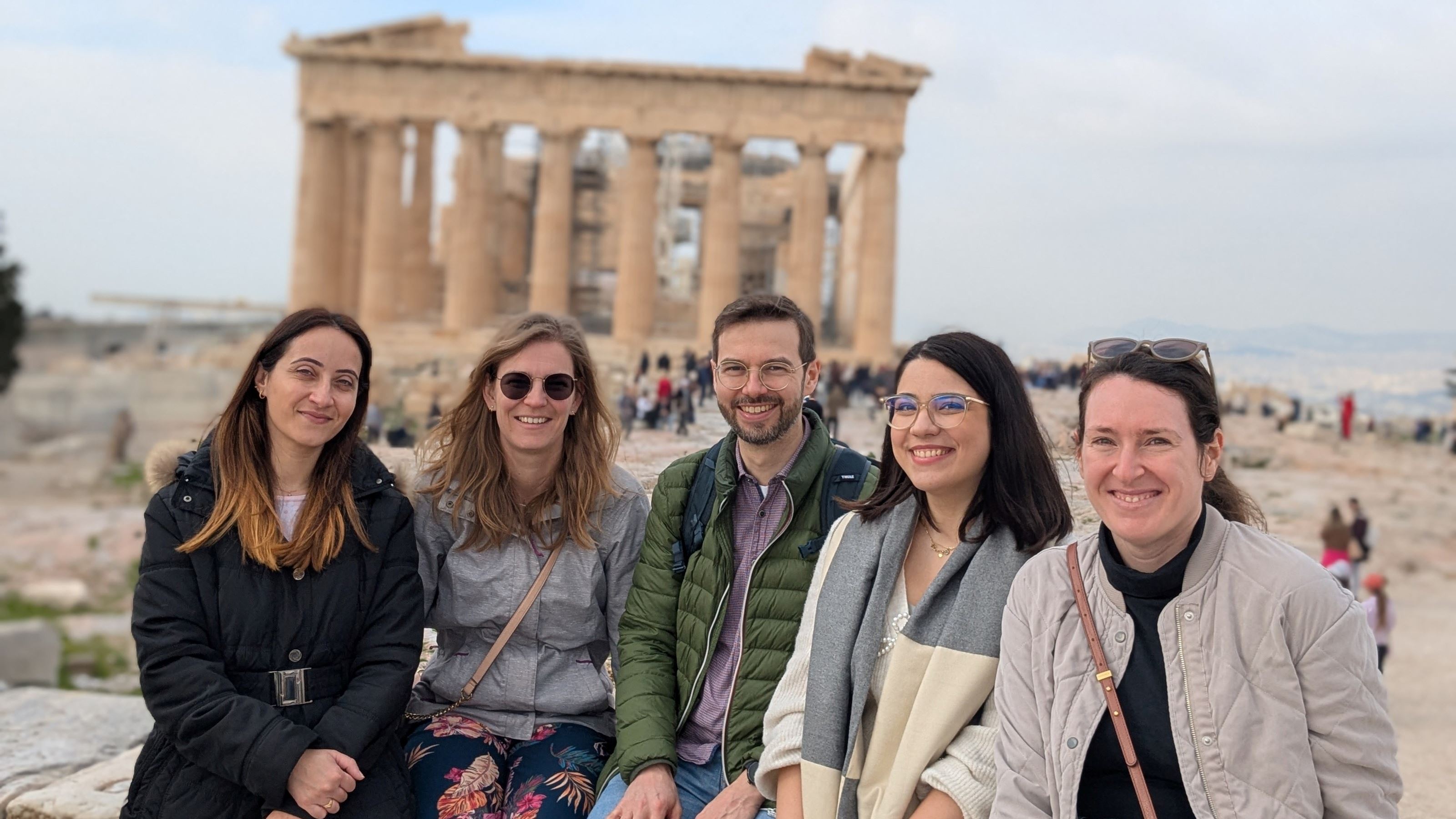Being part of this incredible community is a true privilege.

Beyond the science, it’s the connections, the mutual support..

Brilliant sessions with long lasting effects!

THE EUROPEAN ACADEMY FOR MEDICINE OF AGEING
The European Academy for Medicine of Ageing is an Advanced Postgraduate Course in Geriatrics.
The EAMA’s goals since 1995 have been to:
- Improve knowledge and skills in geriatric medicine for junior faculty members and promising candidates for future teachers in geriatrics.
- Attune the attitudes and goals of future opinion leaders in geriatric medicine throughout Europe.
- Establish a network among medical doctors responsible for the care of elderly persons and those responsible for student instruction, as well as general physicians caring for the aged.
- Develop new ideas for geriatric health programs and harmonise practices.
- Stimulate clinical and epidemiological research in community and institutional geriatric medicine.
The two-year course consists of four intense one-week sessions held twice a year in January and June. Each session covers a well balanced geriatric topic with experts from around the world. Eleven Postgraduate Courses have already been completed with participants from nearly all European countries and worldwide.
EAMA students are expected to:
- Acquire skills in the identification of learning deficiencies and setting priorities within different geriatric topics, as well as in the formulation of important messages.
- Lead discussions and present information with the use of the most recent and appropriate teaching technology.
- Generate new research ideas and develop abilities for data gathering and critical data interpretation.
The official language of the course is English which allows students become more familiar and confident with their use of it. Additional teaching and individual feedback will improve their abilities in oral presentation and the writing of scientific articles. One of the strengths of the EAMA Course is the constant interaction between the students and experts. All meals and activities are shared and discussions often continue after the plenary sessions. Both the teachers' and students' activities are evaluated by each other.
The Guest Speakers and the EAMA Board Members teach out of pleasure; they do not receive financial compensation for the course.

